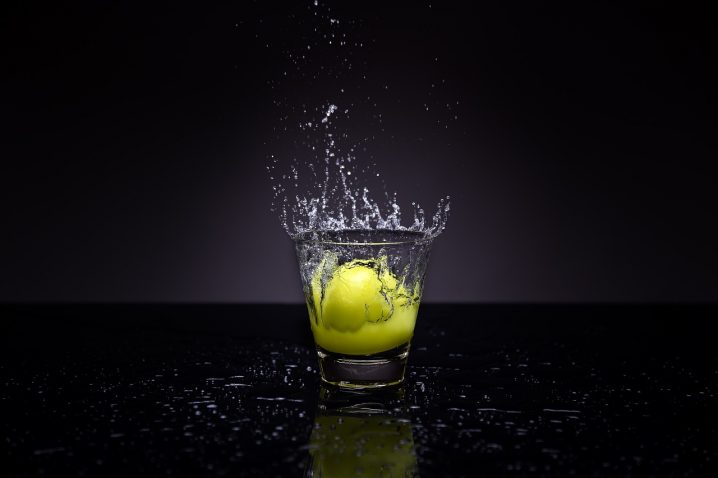
Most people are confused between waterproof and water-resistant flooring. It becomes more confusing since most manufacturers do not explain the difference between the two. Let’s go ahead and try to differentiate these two, so we can further understand which one is best for you.
Waterproof flooring
This type of flooring will not degenerate when exposed to water even for a long period of time. For luxury vinyl flooring that is waterproof, it means that its colour will not fade, and the top layer will not curl up.
Waterproof flooring is also more rigid compared to the usual vinyl planks. It is made up of materials that are waterproof unlike those of PVC.
It can be installed anywhere in the house. You can use it in bathrooms, basements, kitchens and bedrooms. If installed outside for patios, keep in mind that this type of flooring may be damaged by sunlight and several outdoor elements.
Water resistant flooring
On the other hand, water resistant flooring is not affected by water immediately. Water will not be able to penetrate the inside of this type of flooring, unlike wood flooring, though if exposed to a large amount of water for an extended period of time, you will see discolouration and possibly curling at its edges.
When installing water-resistant flooring, it is highly recommended that you use a roll on moisturiser that will reduce the amount of moisture vapour that the concrete slabs may emit. It protects your floor from additional moisture and can also strengthen the adhesive.
When choosing between the two you have to consider a lot of factors. Of course, waterproof flooring may sound ideal, but it may be more expensive than water-resistant flooring. Also, if the water-resistant flooring is well taken care of, you don’t have to worry about it becoming worn out. You just have to keep in mind some guidelines that can help you maximise the benefits of using water-resistant flooring. Here are some of those.
- If something gets spilled on the floor, make sure that you wipe it off immediately with the use of a dry cloth.
- Make sure that your house has a well-maintained temperature to eliminate the risk of moisture build-up which may damage your water-resistant flooring in the long run.
- Never use a steam cleaner since it generates too much moisture as well as heat – both of which may cause damage to your flooring.
- Never use strong detergents; all this type of flooring needs is mopping to maintain its shine.
Both of these flooring options can withstand wear and tear, but it is necessary to care for them. Any type of flooring that is exposed to elements that it is not designed to withstand will certainly be ruined, so you have to be cautious about this.
The installation of these types of flooring may cost you a fortune but it will certainly be worth it since they do not require special maintenance, unlike hardwood and tiles. Plus, they give an aesthetic appeal to your home that you will surely love.



